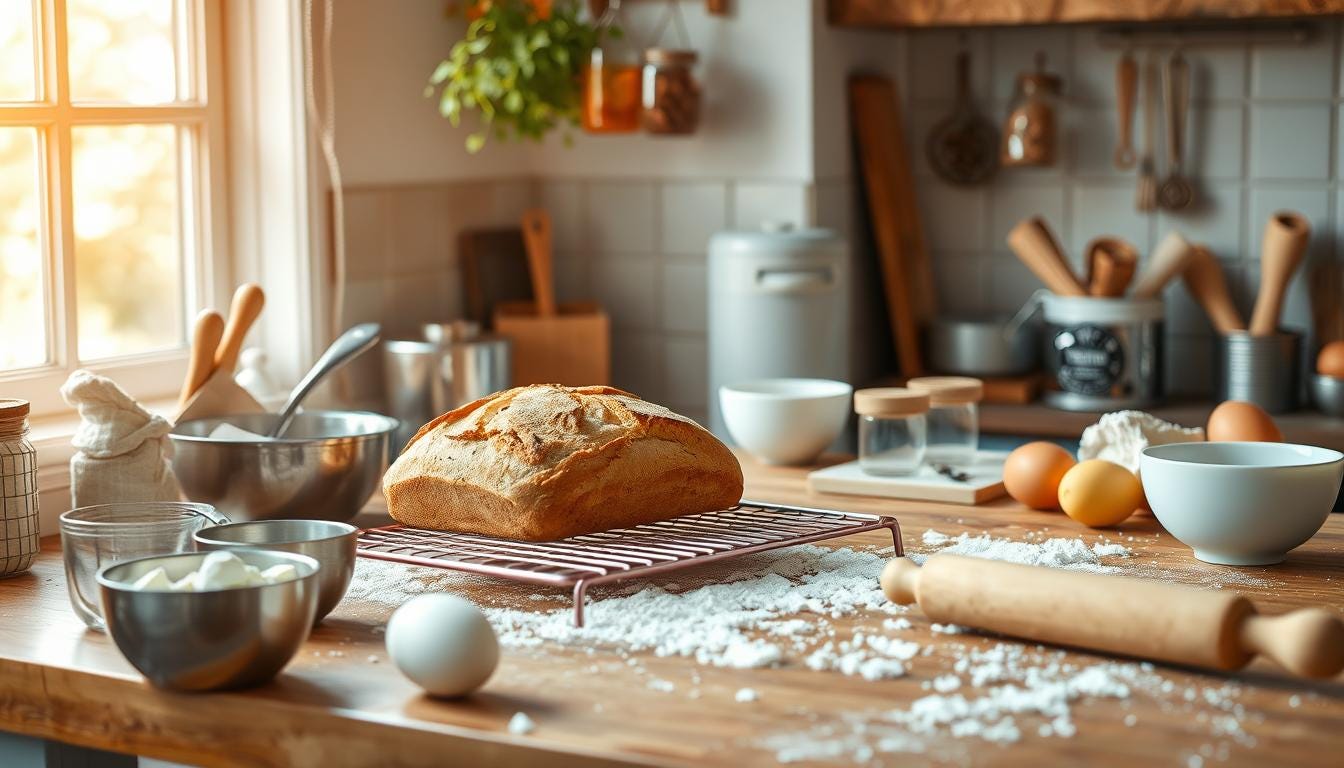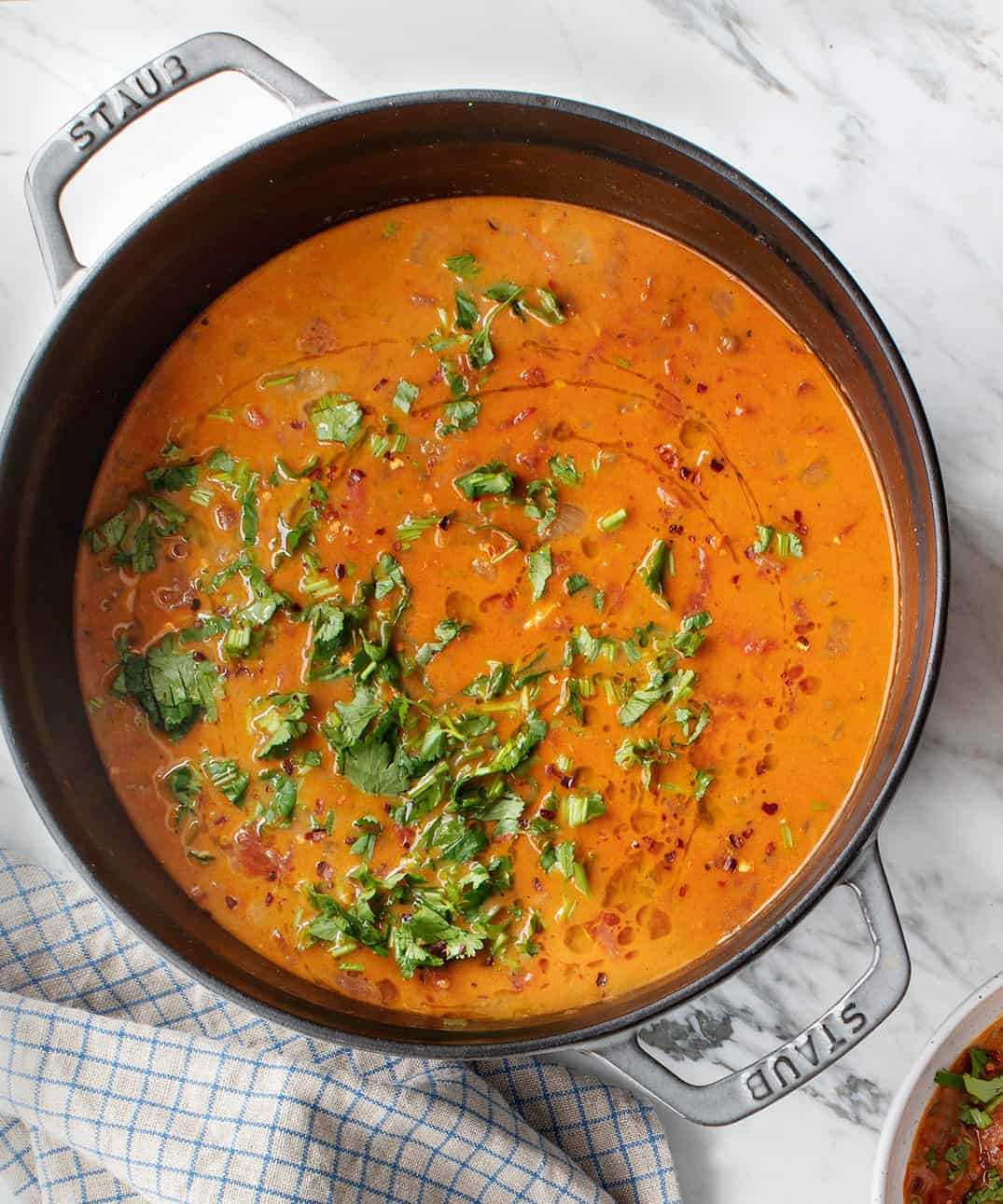Cooking can be a rewarding and enjoyable experience, but many new cooks encounter challenges that can lead to frustration and less-than-perfect meals. Here are ten common mistakes new cooks often make, along with tips on how to avoid them and improve your culinary skills.
1. Not Reading the Recipe Thoroughly
One of the most common mistakes is failing to read the entire recipe before starting. New cooks might overlook important details like cooking times, ingredient measurements, or special techniques.
How to Avoid It: Take the time to read the recipe from start to finish before you begin cooking. Familiarize yourself with the steps and gather all necessary ingredients and equipment to streamline your cooking process.
2. Overcrowding the Pan
When sautéing or frying, many new cooks make the mistake of overcrowding the pan. This can lead to uneven cooking and steaming instead of browning.
How to Avoid It: Cook in batches if necessary, giving each piece of food enough space to brown properly. A hot, spacious pan ensures better texture and flavor.
3. Using the Wrong Knife
Using the wrong knife for a task can make cooking harder and less efficient. For example, trying to chop vegetables with a serrated knife can be frustrating and unsafe.
How to Avoid It: Familiarize yourself with different types of knives and their uses. A chef’s knife is versatile for most chopping tasks, while paring knives are great for peeling and detailed work.
4. Ignoring Cooking Times and Temperatures
New cooks may either rush their cooking or let food sit too long, leading to overcooking or undercooking.
How to Avoid It: Invest in a kitchen timer and a reliable meat thermometer. Follow the recommended cooking times and check for doneness to ensure your dishes turn out perfectly.
5. Not Seasoning Properly
Many beginners shy away from seasoning their food, thinking less is more. This can lead to bland dishes that lack depth of flavor.
How to Avoid It: Taste as you go and adjust seasoning throughout the cooking process. Don’t be afraid to use salt, pepper, and herbs to enhance the flavor of your dishes.
6. Failing to Prep Ingredients
New cooks often find themselves scrambling to chop, measure, or gather ingredients while cooking, which can lead to mistakes and missed steps.
How to Avoid It: Before you start cooking, prep all your ingredients. This includes chopping vegetables, measuring spices, and organizing everything you need within reach. This practice, known as “mise en place,” helps streamline the cooking process.
7. Not Allowing Meat to Rest
Cutting into cooked meat immediately can result in dry and tough slices, as the juices have not had time to redistribute.
How to Avoid It: After cooking meat, let it rest for at least five to ten minutes before slicing. This simple step helps retain moisture and enhances the overall texture.
8. Using Cold Ingredients
Many new cooks overlook the importance of room temperature ingredients, especially in baking. Cold eggs or butter can affect the texture of cakes or cookies.
How to Avoid It: Take ingredients like eggs and butter out of the refrigerator ahead of time. If you forget, you can warm eggs in a bowl of warm water or soften butter in the microwave for a few seconds (watch carefully to avoid melting).
9. Not Cleaning as You Go
A messy kitchen can be overwhelming and make the cooking process less enjoyable. New cooks often wait until the end to clean up, which can lead to frustration.
How to Avoid It: Adopt a habit of cleaning as you cook. Wash utensils and prep bowls between tasks to keep your workspace organized and manageable.
10. Being Afraid to Experiment
Many new cooks stick rigidly to recipes, fearing that they’ll make mistakes. While following recipes is essential, creativity can lead to delicious discoveries.
How to Avoid It: Once you’re comfortable with a recipe, don’t hesitate to tweak it to suit your taste. Experiment with different spices, ingredients, and cooking techniques. Cooking is an art, and personalizing recipes can yield delightful results.
Conclusion
By being aware of these common mistakes, new cooks can navigate the kitchen with greater confidence and ease. Remember, cooking is a skill that improves with practice and experimentation. Embrace the learning process, enjoy the journey, and don’t be afraid to make mistakes along the way—they can often lead to the most delicious outcomes!



